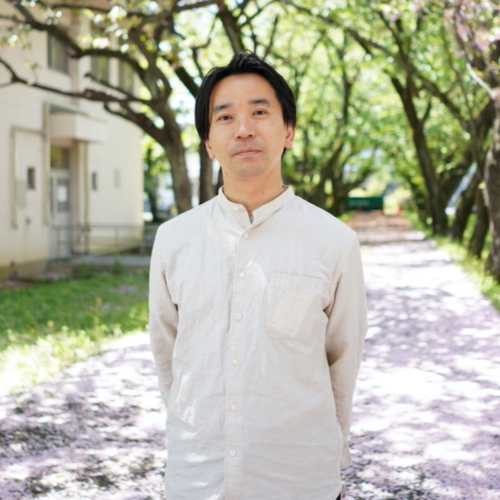Our team gave a poster presentation at the JAAS Annual Conference “Meet the Scientists Fest”.
Through Digital-Human Integration
Our team gave a poster presentation at the JAAS Annual Conference “Meet the Scientists Fest”.
Dr. Sugawara of the Network Team held a workshop on the application of Process Based Therapy.
To the next stage! Bridging the Gap Between Stakeholders and Researchers
To the next stage! B02 Computational Psychiatry @ Cognitive Behavior Therapy Center
We define “Ultra-high-definition mental health care” as the research area that aims to identify mental states and predict intervention outcomes using a wide range of data obtained from communications, that is rich in its variation, quantity, and degree of detail. By fusing both methodologies of human and digital technologies we may achieve a new high precision care.
Our pioneering project uses high-quality data from a clinical trial of psychotherapy, and we are aiming to build a foundation for future development in this field.

Meet the leader
Masaya Ito (PhD.)
National Center of Neurology and Psychiatry
National Center for Cognitive Behavior Therapy and Research
Manager, Department of Research and Development

Overview of the field

JOIN US

Advisory Board
The goal is to use the expert-system AI approach and build a structured knowledge of behaviors in psychotherapy that both computer and human understand.
A01 Ontology
We aim to quantify and visualize the features of spoken language and written texts in psychotherapy and in communication in other medical settings.
A02 Natural Language
Our group seeks to extract the acoustic features of the conversation, that can inform the mental states and predict the treatment trajectory of psychotherapy.
A03 Acoustic Analysis
With mathematical modelling we aim to elucidate, “what individual components of psychotherapy, is effective on what symptoms, and through what process”
A04 Network
今年度末の領域総合成果発表会は、領域成果発表会では初めての現地+オンラインのハイブリッド形式(一般参加可能)での開催を予定しております。これまでの領域の成果の集大成について、またこれからの展望について、より多くの方と議論できる会となるよう準備を進めておりますので、ご期待ください。
本領域ネットワーク班の菅原がTRiSTAR(筑波大学)の「トランスボーダーサイエンスキャンプ」で、プロセス・ベースド・セラピーを応用したワークショップを行いました。研究者としてのウェルビーイングを向上させるために、EEMMグリッドを用いならネットワークで個々の研究者の悩みを捉え、研究者として大切に